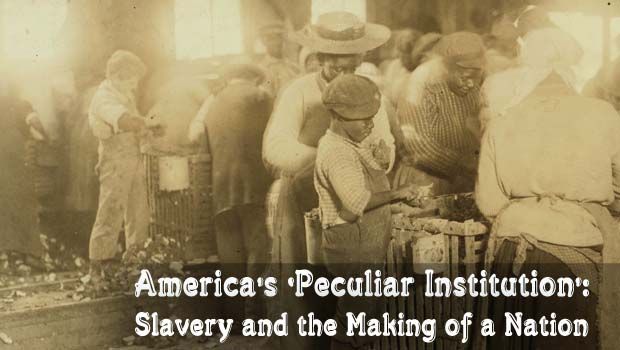As the whole world is experiencing unprecedented pain and panic because of the ongoing global financial crisis and is wondering how to get out of this hell hole, the Vatican suggested on March 4, 2009, that the basic rules of Islamic finance could relieve suffering markets and particularly international financial systems. In an article titled “Islamic finance proposals and ideas for the West in crisis,” which was published in its weekly newspaper, ‘L’Osservatore Romano, the Vatican observed that ethical principles upon which Islamic finance is based offers the best chance of getting banks closer to their clients and “to the true spirit that should mark every financial service.” While the Vatican has always been critical of the destructive excesses of the interest-based conventional financial system, it is perhaps the first time the Vatican has endorsed the values of Shariah-compliant finance as a solution to the problems in the world of conventional, interest- based finance. We applaud the Vatican’s encouraging statement and hope all practitioners would pay attention to it.
It is worth mentioning that for many decades, “economists were largely dismissive- even derisive-of what they viewed as the somewhat ‘extreme’ and ‘regressive’ precepts of Islamic economics.” Islamic economy has been a neglected phenomenon almost everywhere, and its principles remained generally unnoticed in the West and in most part of the Muslim world, even though several Islamic Banks started operating there since the early eighties and established themselves as successful financial ventures.
The general disenchantment and/or denial attitude toward Islamic finance (IF), however, got changed and this unconventional financial principles started making a lot of sense to our financial experts in the West, as “it reels under the astronomical amounts of debt created by its interest-based banking system and speculation-driven derivatives.” It is reported that the global debt caused by financial instruments and derivates alone is over $600 trillion today, which is more than 10 times the world’s GDP. The present crisis is so acute and unnerving that many mainstream economists have started questioning their faith in capitalism itself. Even before the current financial crisis surfaced, John Nofsinger and Kenneth Kim, for example, wrote their famous book “Infectious Greed: Restoring Confidence in America’s Companies” (2003), wherein the learned authors asserted that “corporate financial scandals have shaken investor confidence more than any event since the Great Depression.” Almost similar assertions were made in another book: “Wall Street versus America: A muckraking look at the thieves, fakers, and charlatans who are ripping you off” which was written by Gary Weiss (2006).
Recently, when it became clear that no stimulus package is going to rescue the global financial system from further fall out, a former Austrian Chancellor argued that “the free-for-all capitalism should be quickly replaced with a financial-economic system that equitably takes care of the socio-economic needs of people in order to prevent such exploitation and greed now wrecking financial/economic havocs worldwide”. He argued that “profitability” of a business is relegated to a mere necessity to enable to serve society rather than a luxury vehicle for serving greed of CEO’s and those related individuals at the expense of innocent investors and society.
Interestingly, this is what was ordained by God in the Qur’an and taught by His Last Messenger, Prophet Muhammad (peace and blessings of God be upon him) more than 1429 years ago. The Qur’an says: “Allah has permitted trade and forbidden usury (Riba).” (Al-Baqarah:75); “Allah will deprive usury of all blessings, but will give increase for deeds of righteousness and charity.” (Al-Baqarah: 276); “Do not eat up your property among yourselves for vanities, nor use it as a bait for the judges with intent that you may eat up wrongfully and knowingly a little of other people’s property.” (Al-Baqarah:188. The Prophet Muhammad (pbuh) instructed, “Leave what raises doubt and turn to what you see is clear.” (At-Tirmidhi and An-Nasai); “The person who violates his oath draws on himself Allah’s wrath and punishment.” (Al-Bukhari). In other words, Islamic guidelines require and ensure fair play, trust and transparency and want to create a strong sense of God-consciousness and accountability in the hearts of the people which would make it difficult for them to be driven by greed. It speaks for the practice of socio-economic equitable justice, banking system without Riba (interest/usury), non-monopolistic enterprises, non-hording of goods, payment of Zakat and Sadaqah (fulfilling the societal obligations by the rich) and observing strict ethical standard.
To be honest, the global crisis we are facing today is a man-made disaster. Unless we become more humane and change our course of actions and adopt appropriate measures to address this challenge, the existing “greed is good” culture will ruin our society and economy further and the future of humanity will be even at a much bigger risk. The early we get rid of this malaise, the better for the humanity.






